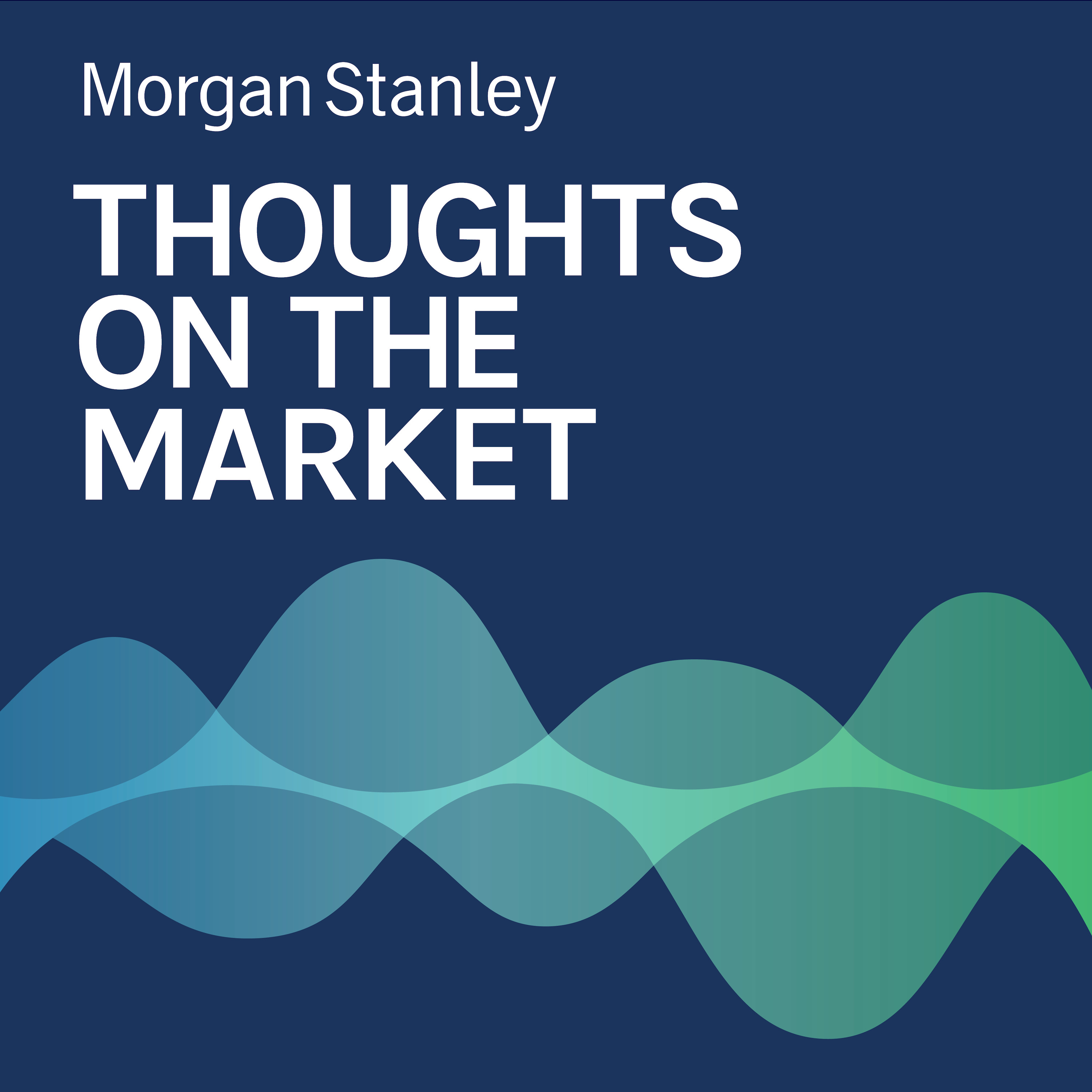Graham Secker: Will European Earnings Continue to Fall?

b"
As Europe continues to curtail Russian gas imports, equity markets are preparing for further downturn in European economic growth, but there may be more risks yet to be priced in.
Important note regarding economic sanctions. This research references country/ies which are generally the subject of comprehensive or selective sanctions programs administered or enforced by the U.S. Department of the Treasury\\u2019s Office of Foreign Assets Control (\\u201cOFAC\\u201d), the European Union and/or by other countries and multi-national bodies. Any references in this report to entities, debt or equity instruments, projects or persons that may be covered by such sanctions are strictly incidental to general coverage of the relevant Russian economic sector as germane to its overall financial outlook, and should not be read as recommending or advising as to any investment activities in relation to such entities, instruments or projects. Users of this report are solely responsible for ensuring that their investment activities in relation to any sanctioned country/ies are carried out in compliance with applicable sanctions.
-----Transcript-----
Welcome to Thoughts on the Market. I'm Graham Secker, Head of Morgan Stanley's European Equity Strategy Team. Along with my colleagues, bringing you a variety of perspectives, I'll be talking about the two key issues that are dominating our current discussions with European equity clients, namely Russia gas supplies and the belated start to a new earnings downgrade cycle. It's Tuesday, July the 12th, at 2 p.m. in London.
Over the last few months, we have been arguing that a curtailment of Russia gas imports represented the biggest risk to European equities and the main catalyst to push us down to our bear case scenario. While we are not yet ready to formally change our bull, base, or bear case index targets, recent news flow does suggest that risks remain skewed to the downside, and we note a further 17% downside from here to our bear case price target for MSCI Europe.
Recent headlines about a reduction in Russia gas flows and the German government's move to level two of their emergency gas plan, has prompted our European economists to further lower their own GDP forecasts, and they now see a mild recession developing over the winter. However, with higher energy costs keeping inflation higher for longer, they make no changes to their European Central Bank forecasts and still expect European interest rates to move out of negative territory over the next few months.
We have been expecting an EPS downgrade cycle to start in the third quarter, even before the recent rise in concerns around Russian gas supplies. While the realization of this risk event would likely drive a materially larger hit to profits, we note that European earnings revisions have already turned negative over the last couple of weeks, i.e. we are now seeing more analysts lowering EPS estimates than raising them.
The sharp fall in equities over the last few months suggests that investors are already anticipating a sizable pullback in European profits. However, we do not think this means all of the bad news is already in the price. Rather, we note that a study of prior downturns suggests the stock markets tend to trough 2 to 3 weeks before earnings revisions bottom and that the minimum time duration between the start of a new downgrade cycle and this trough in earnings revisions is at least 3 months, but more often runs for over 6 months. In short, we are likely starting a 3 to 6 month earnings downgrade cycle and equities are unlikely to trough until we move towards the fourth quarter.
Within the market, we expect the more defensive sectors to continue to outperform over the next couple of months, given their traditionally lower level of earnings volatility into a recession. The recent move lower in bond yields should also encourage some reinvestment into quality and growth stocks, and we have just raised luxury goods to overweight on this theme. In addition, the luxury sector should be a key beneficiary of the recent upturn in investor sentiment towards China. Luxury has a greater exposure to the China consumer than any other European sector.
In contrast, we continue to recommend a more cautious stance on cyclicals, who don't traditionally start to outperform until the market itself troughs. Year to date, cyclical underperformance has been primarily driven by weakness in consumer facing stocks, reflecting the pressure on disposable income from high inflation. However, going forward, we expect to see greater underperformance from industrial cyclicals as weakness in end demand starts to move up the chain. These same companies are also likely to be the most adversely impacted by the disruption to Russia gas supplies, whether this be in terms of top line volumes, profit margins or both. For this reason, we are most cautious on stocks within the industrial, materials and autos sectors that also have a high degree of exposure to European end markets.
Thanks for listening. If you enjoy the show, please leave us a review on Apple Podcasts and share Thoughts on the Market with a friend or colleague today.
"